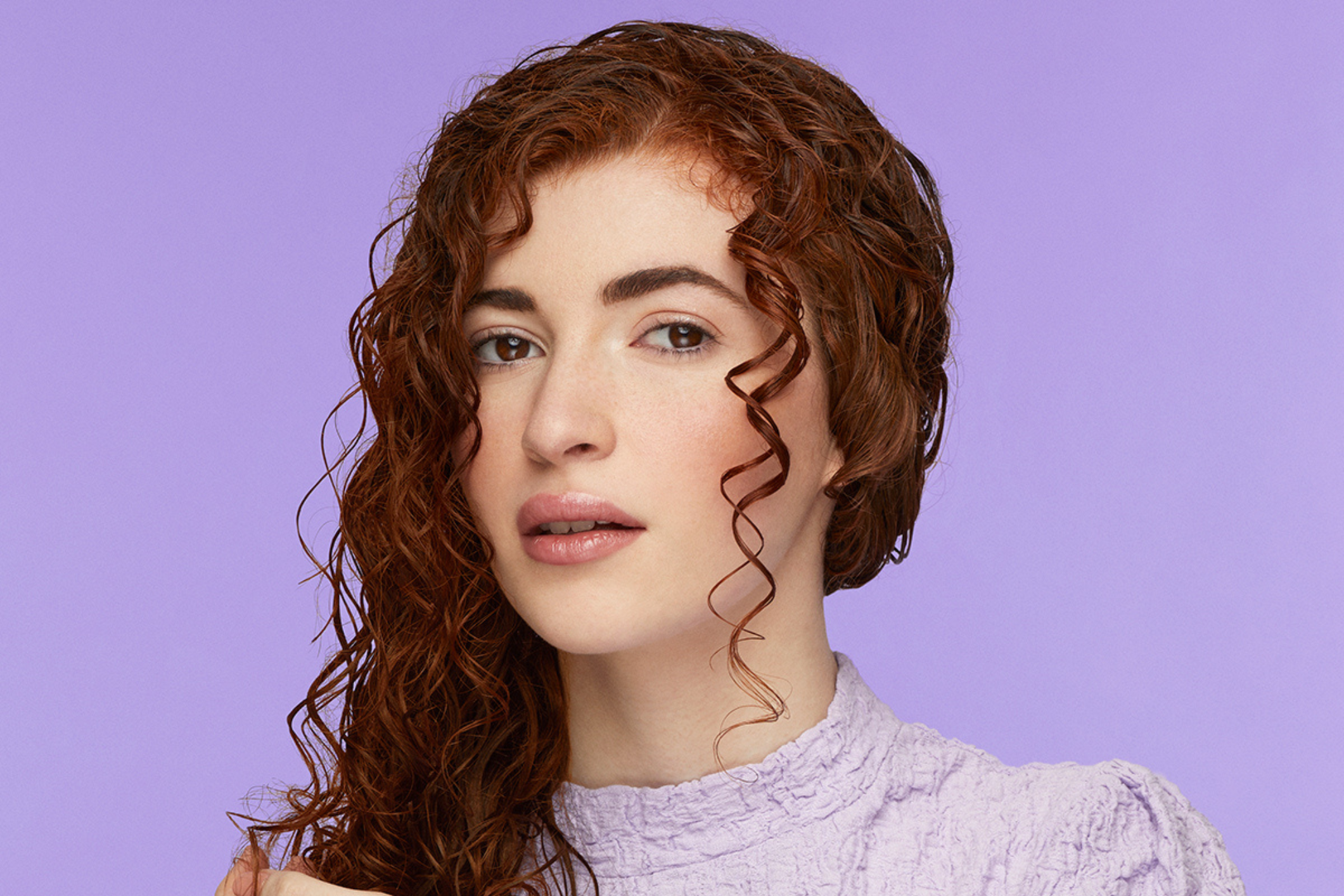 5min
5min
For those blessed with curly hair, maintaining those luscious curls can be both a joy and a challenge. While many methods promise effortless styling, one frequently recommended practice—sleeping with wet hair—can actually do more harm than good.
Here, we explore why you should think twice before heading to bed with wet curls and provide tips for preserving the health and beauty of your hair and scalp.
Scalp Health Concerns
Irritation and Itchiness
Sleeping with a wet scalp can lead to irritation and itchiness. When your scalp remains wet for an extended period, it disrupts its natural pH balance, leading to discomfort and potential damage.
A damp environment makes the scalp more susceptible to irritants, resulting in an itchy, uncomfortable sensation that can interfere with sleep quality and overall scalp health.
Fungi and Bacteria proliferation
A moist environment is ideal for the growth of fungi and bacteria. This can result in scalp infections such as seborrheic dermatitis, which causes redness, scaling, and dandruff.
Prolonged exposure to moisture can exacerbate these issues, making it essential to keep your scalp dry and clean to prevent unwanted microbial growth.
Looking for a way to make your curls last longer between washes? Discover "The ultimate guide to keeping your curls looking great between washes".
Hair Damage
Weakness and fragility
Wet hair is more fragile and prone to damage. When your hair is wet, the cuticle layer swells, making it more vulnerable to breakage and split ends.
This increased fragility can lead to long-term damage, weakening the overall structure of your hair. Sleeping with wet hair can exacerbate these issues, as the friction between your hair and pillow can cause breakage and weaken the hair shaft.
Breakage and Split Ends
Keeping your hair wet for extended periods can worsen split ends and increase the likelihood of hair breakage. The moisture causes the hair shaft to swell, putting extra strain on the ends, which are already the oldest and most fragile part of the hair.
Regular exposure to these conditions can lead to severe breakage and damage that is difficult to repair.
Loss of Elasticity
Wet hair is more prone to losing its elasticity, making it less resilient to styling and manipulation.
This loss of elasticity can lead to further damage when trying to style or detangle your hair, resulting in an unhealthy appearance and feel. Curly hair, in particular, relies on elasticity for its natural bounce and shape, so maintaining this property is crucial for healthy curls.
General Health Concerns
Headaches and Cold Symptoms
While it may be considered an old wives' tale, there is some evidence that sleeping with wet hair can lead to headaches and cold-like symptoms.
When you go to bed with wet hair, the prolonged exposure to cold and dampness can cause vasoconstriction in the blood vessels of the scalp, potentially leading to tension headaches. Although this doesn't directly cause a cold, it can contribute to discomfort and a feeling of being unwell.
Unpleasant Odour
Wet hair can develop an unpleasant odour when exposed to prolonged moisture, negatively impacting your personal hygiene.
The damp environment can lead to the growth of mildew and bacteria, resulting in a musty smell that's hard to eliminate. This is especially concerning if your hair remains damp overnight, as the warm, moist conditions provide a perfect breeding ground for odour-causing bacteria.
Alternatives to Sleeping with Wet Hair

Now that we've covered the reasons to avoid sleeping with wet hair, let's explore some alternative methods to maintain your curls' health and beauty without sacrificing style.
Air Dry Before Bed
If you prefer air drying your curls, plan your wash day earlier so your hair has enough time to dry before bed. Use a microfiber towel or a cotton T-shirt to gently squeeze out excess moisture, reducing the drying time and minimizing frizz.
Diffuse your hair
Using a diffuser on a low heat or cold air setting is the best technique you can use to take care of your hair. The Bellissima Italia Diffon Supreme is a great tool for this, offering a unique curl-booster system that enhances elasticity and shape without exposing your hair to damaging heat.
Its unique Curl-Booster System combines a perforated grid with 12 long nodules that work to enhance the elasticity and shape of your curls.
Even better, the XL shape means that you can dry large sections at once, giving you the same defined effects as leaving your wet curly hair to dry naturally but at a much faster rate.
Plus, the Diffon Supreme operates at such gentle heat and speed settings that you don’t need to worry about causing unnecessary damage. The ergonomic design means it’s easy and intuitive to hold and use as well, whether at home or away.
Plop Your Hair
Plopping is a method where you wrap your wet curls in a microfiber towel or a cotton T-shirt to help define the curls and reduce frizz. This technique can speed up drying time and minimize the need for heat styling.
Once your hair is mostly dry, you can remove the towel and let your curls air dry for a soft, defined finish.
The Nighttime Care Suggested by Bellissima Italia
Use a Silk or Satin Pillowcase
Switch to a silk or satin pillowcase to reduce friction and prevent breakage. These materials are gentle on your hair, allowing it to glide smoothly across the surface, minimizing tangles and frizz.
Try a Silk Bonnet
For extra protection, consider using a silk bonnet or scarf to keep your curls intact overnight. This helps preserve the curl pattern and reduces the risk of damage caused by tossing and turning during sleep.
Conclusion
While the allure of sleeping with wet hair might seem tempting, the potential risks and damage it poses to your scalp and curls are not worth the trade-off.
By adopting healthier drying techniques, like diffusing, and nighttime care routines, you can maintain the integrity and beauty of your curls without compromising on style or comfort.
Remember, healthy curls are happy curls, and taking the time to care for them properly will ensure they remain beautiful and vibrant for years to come.






